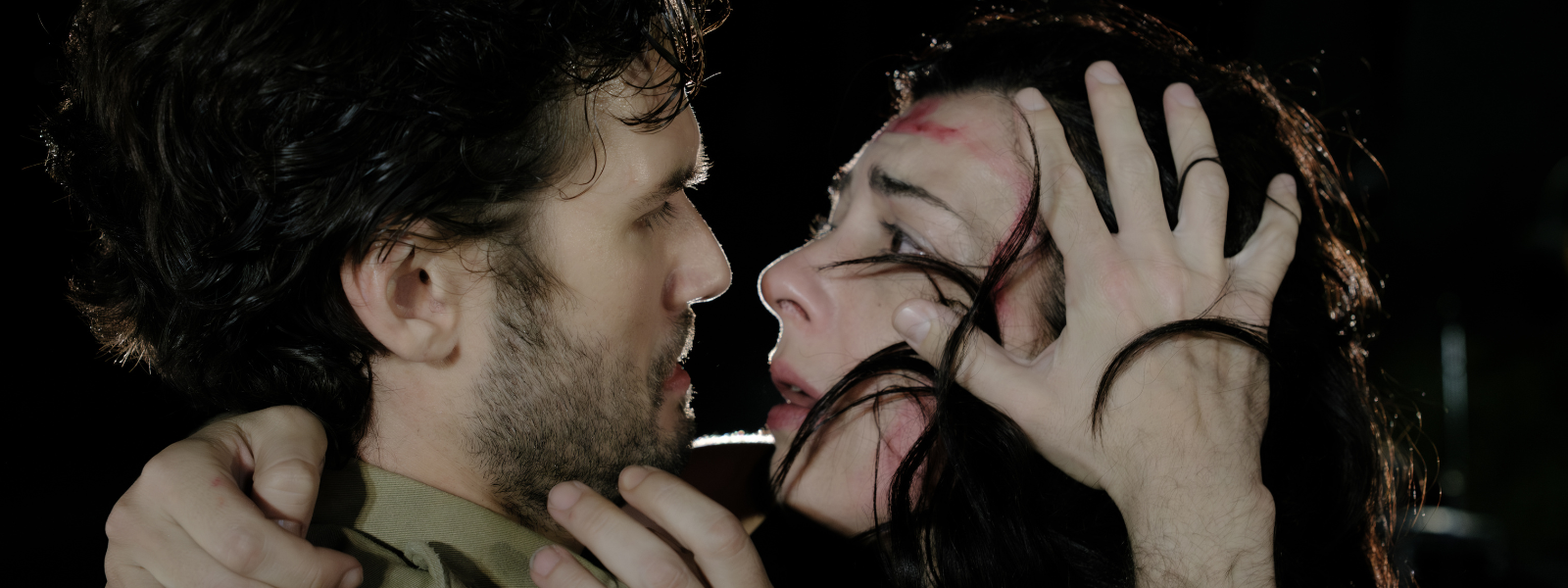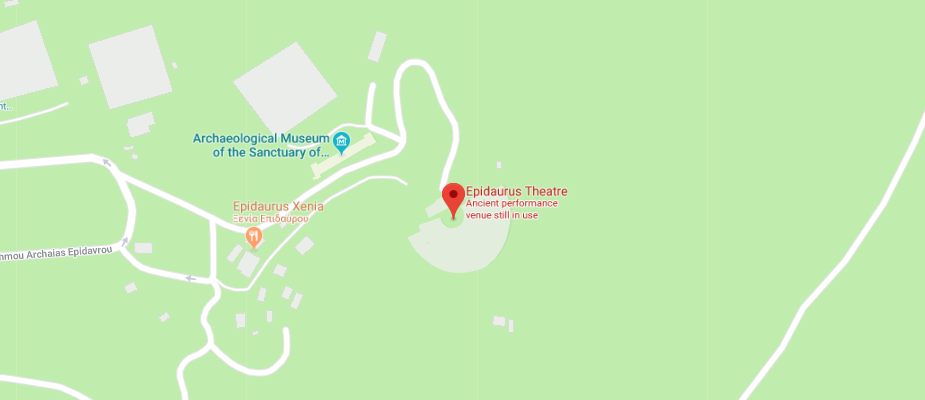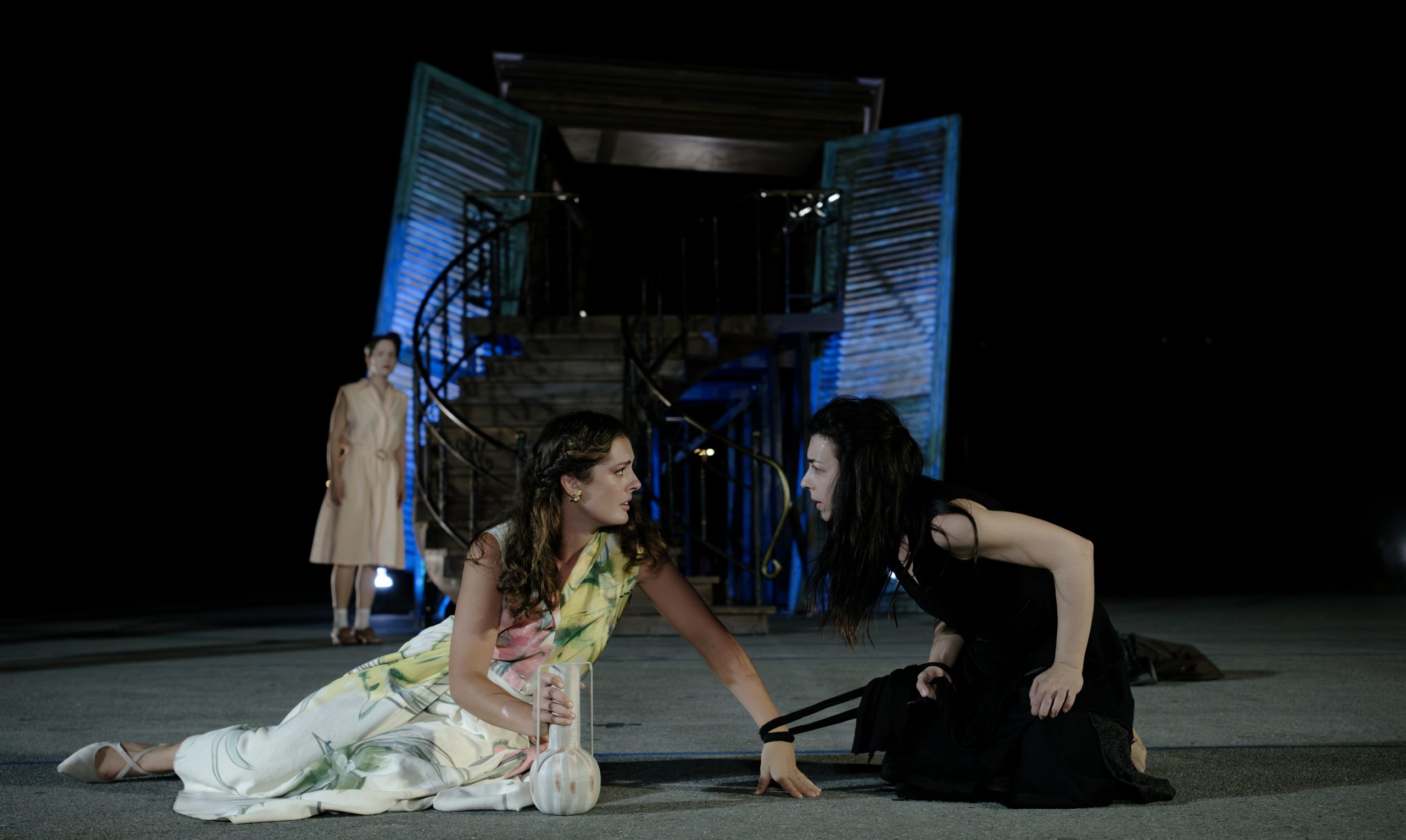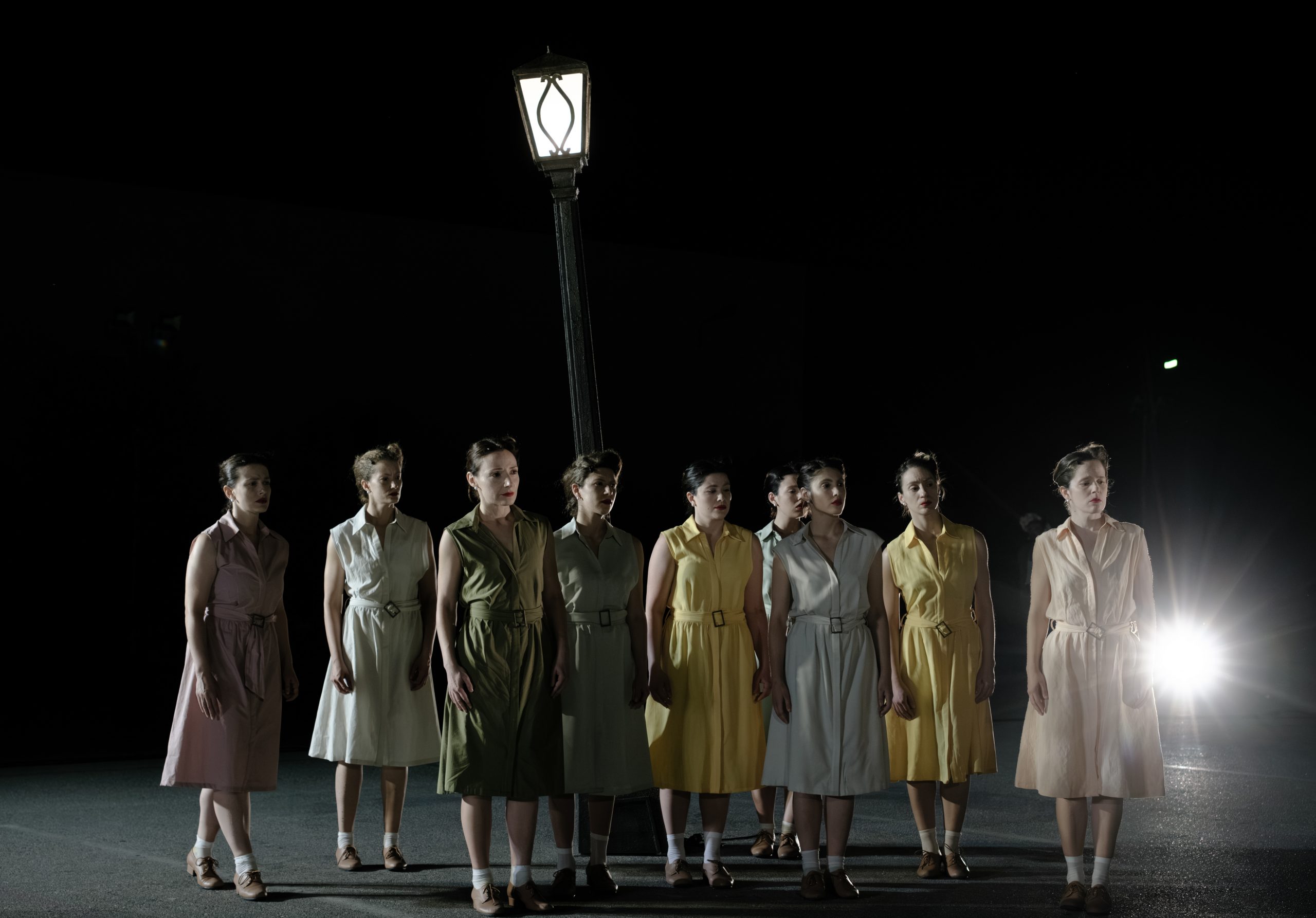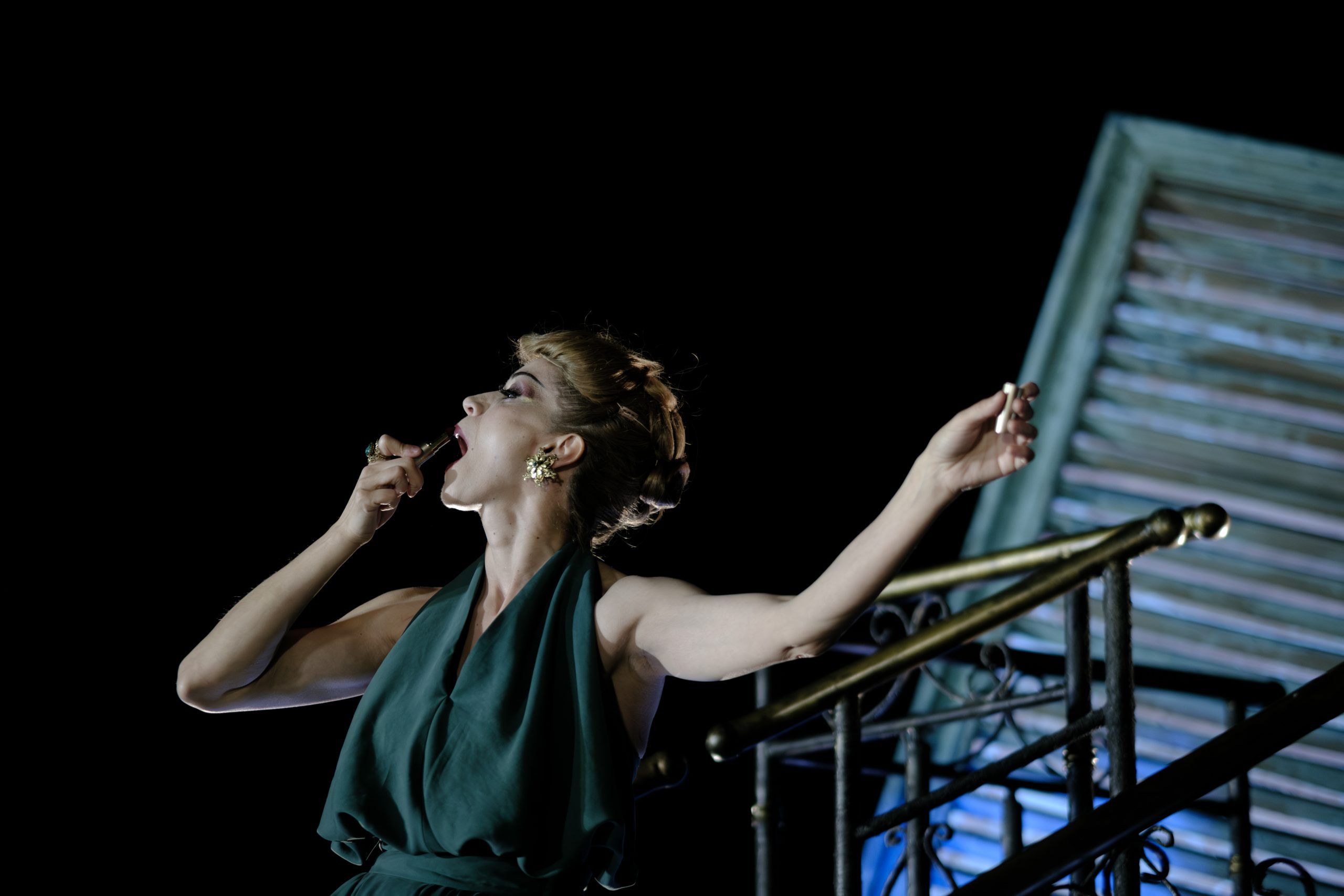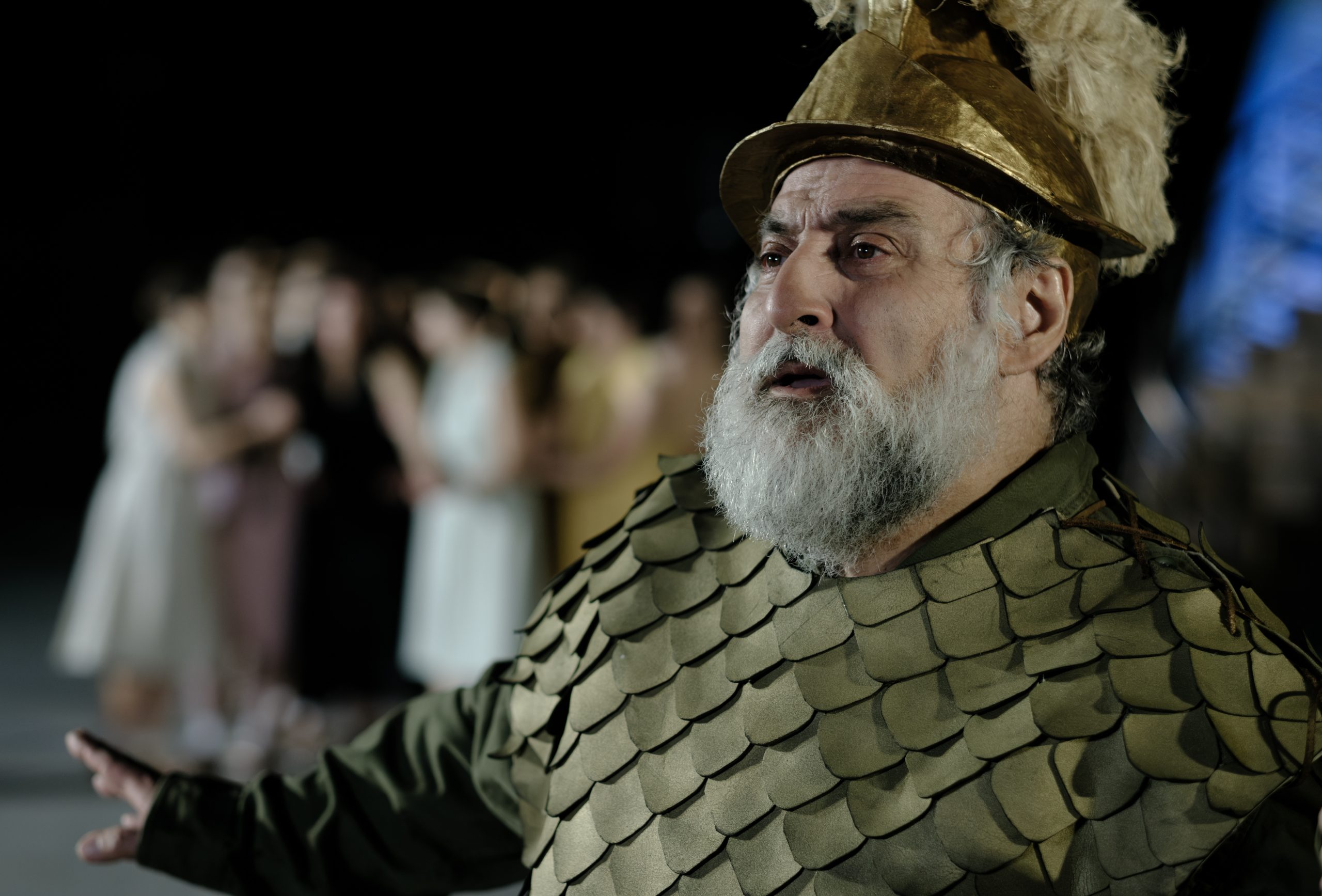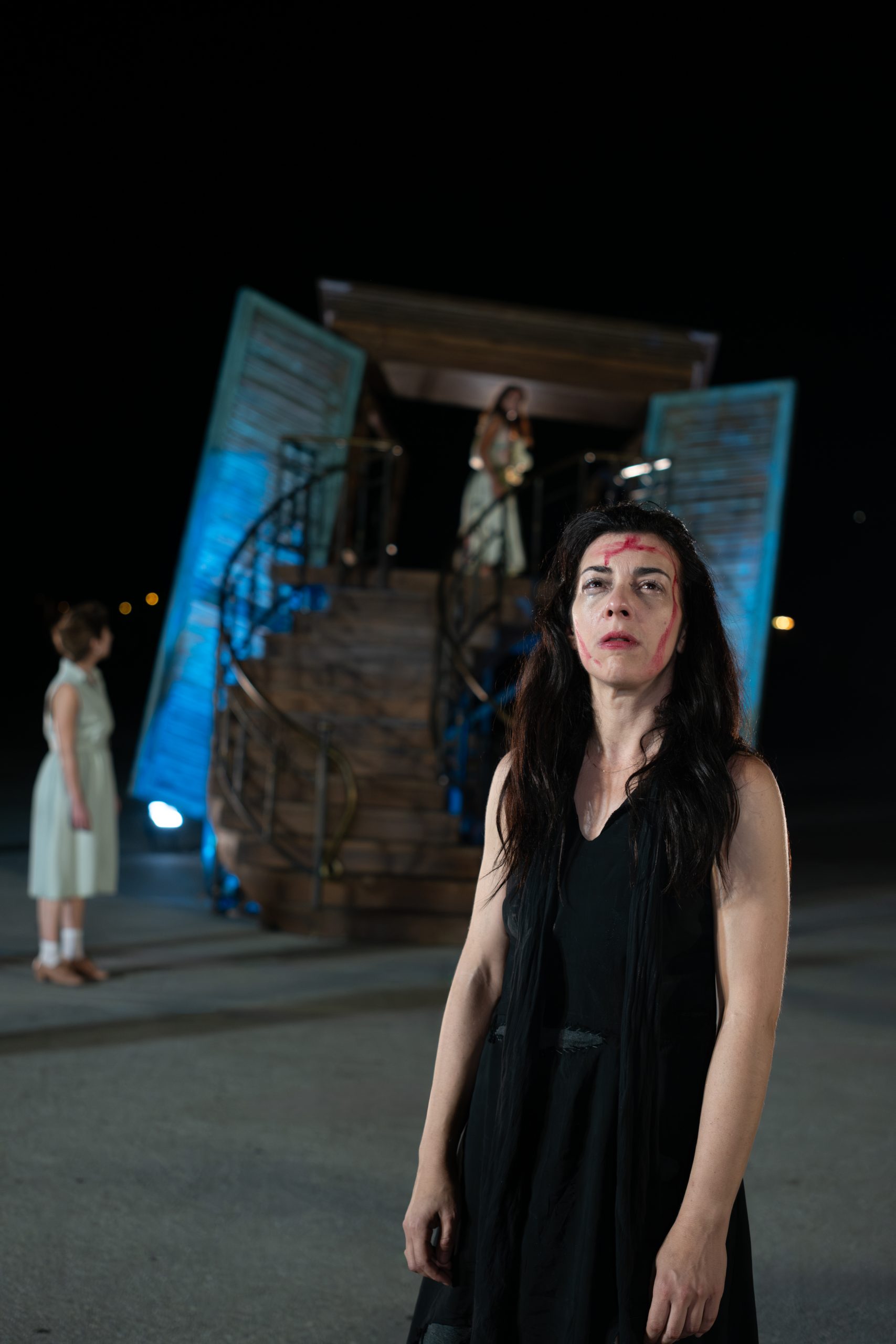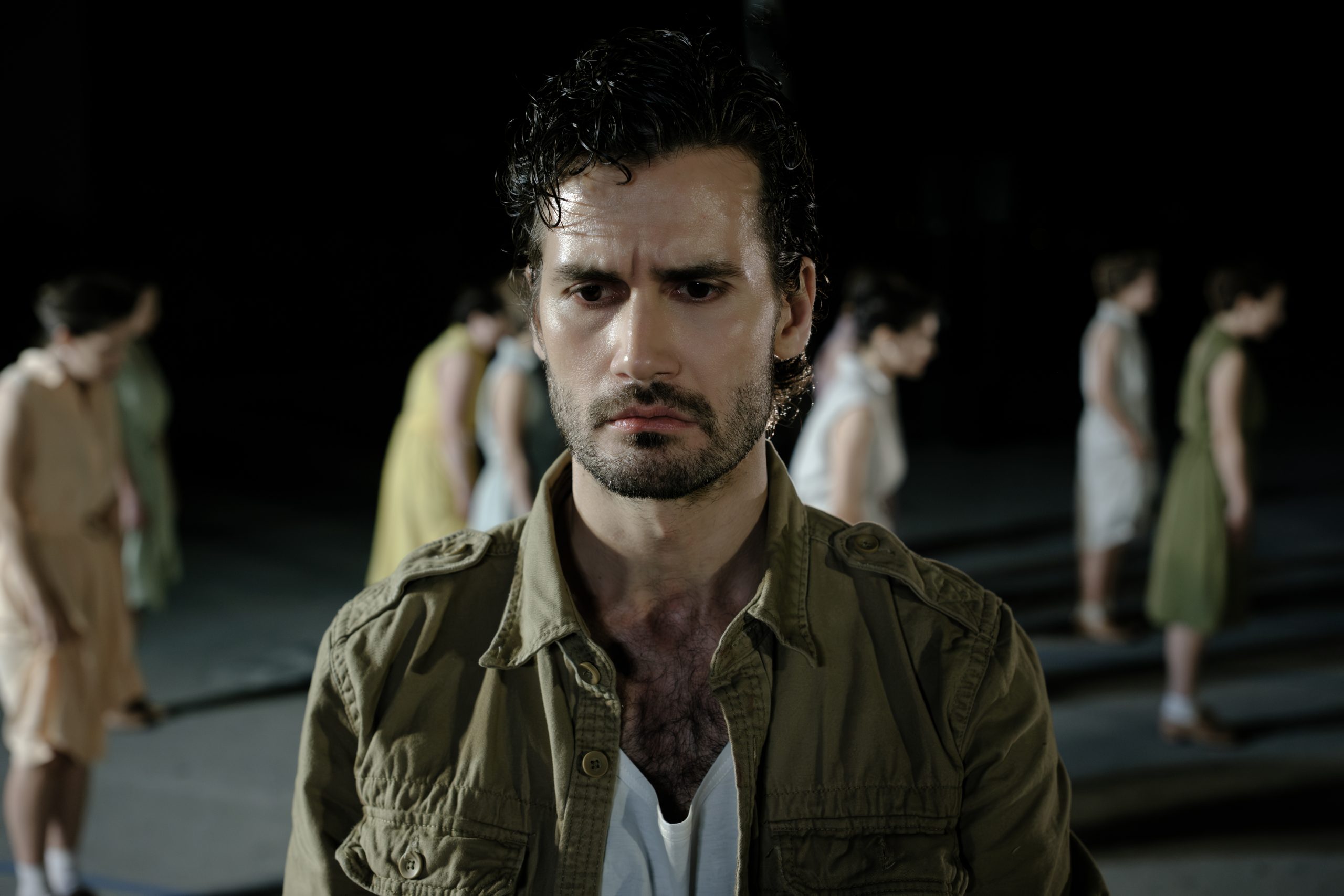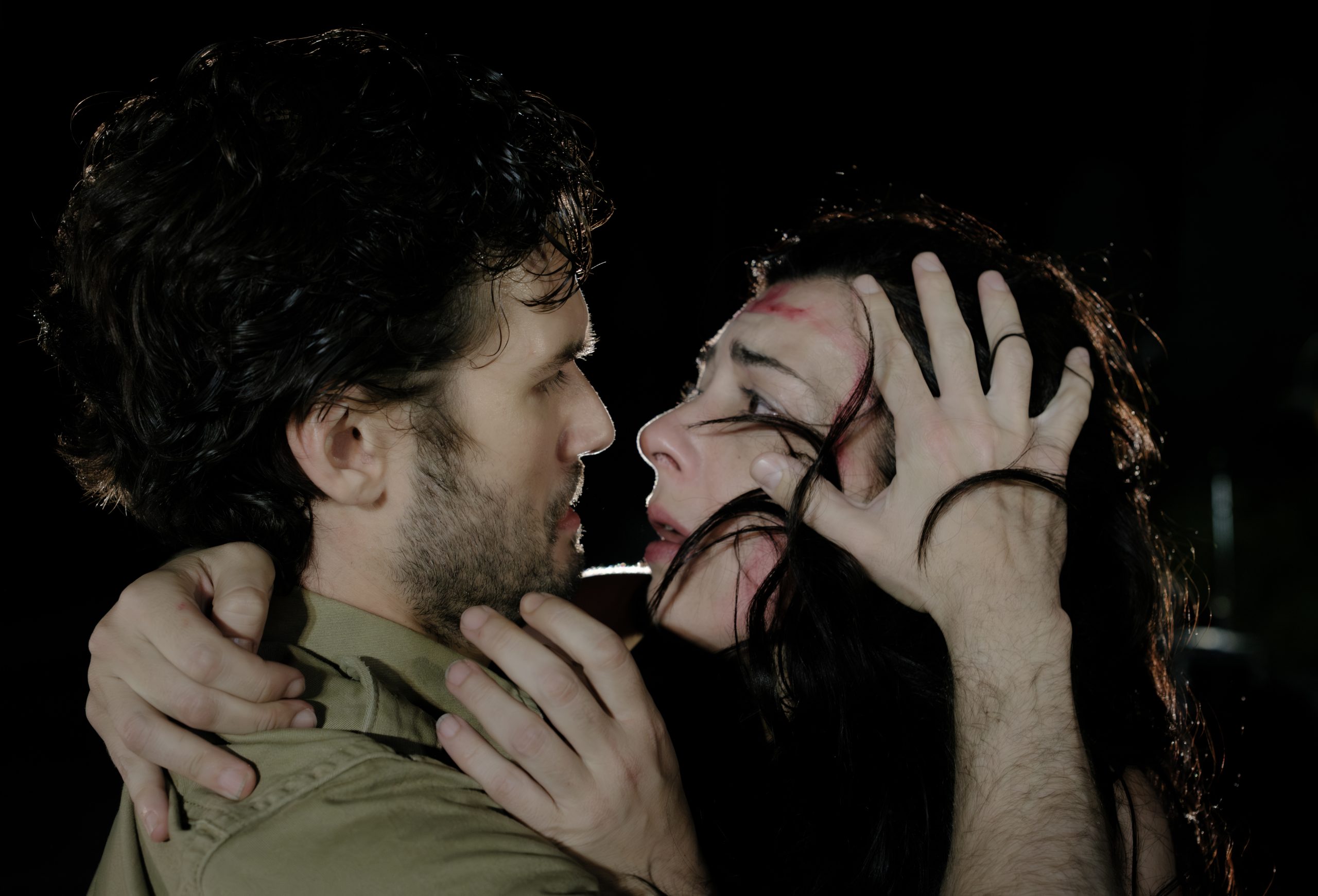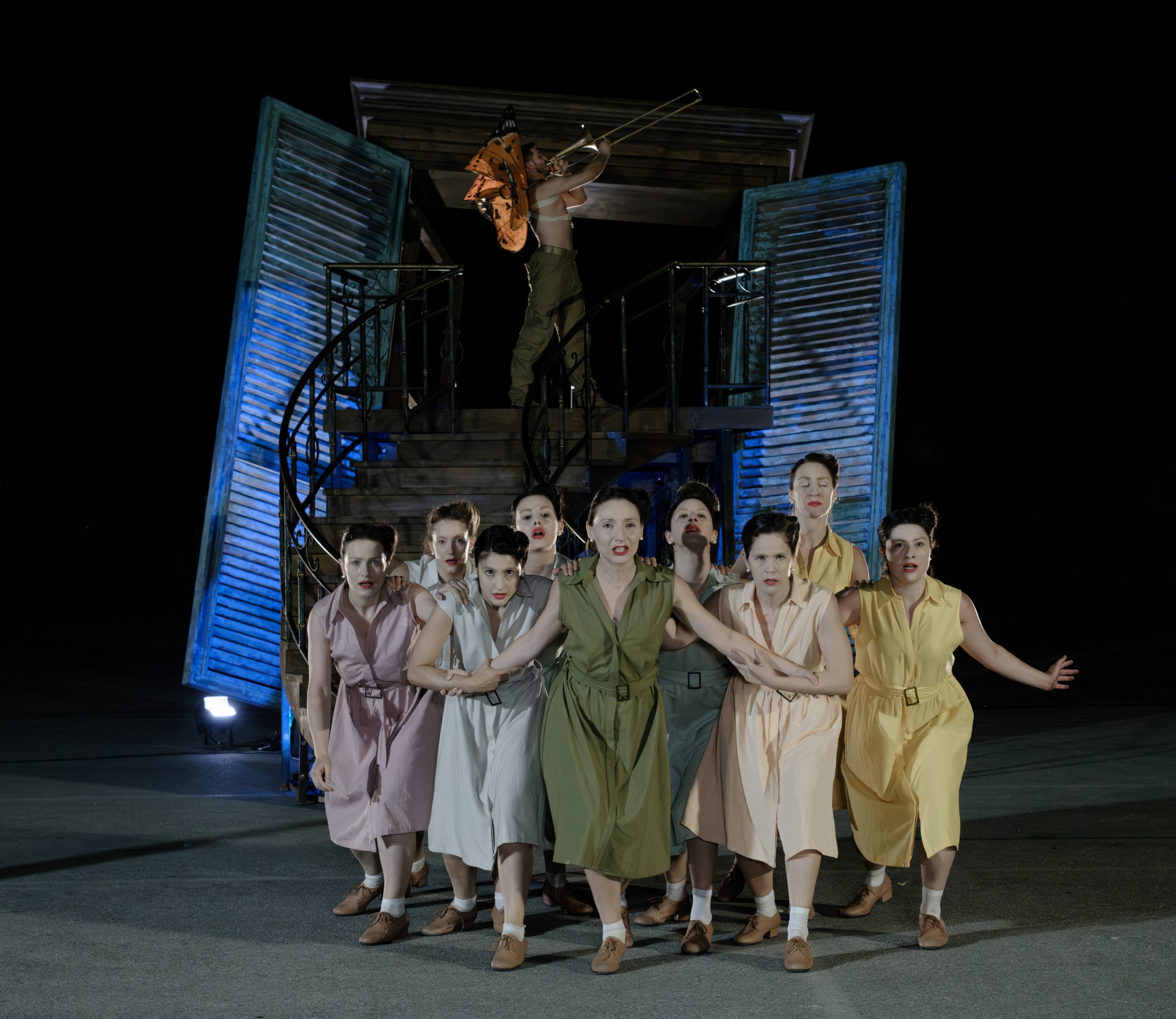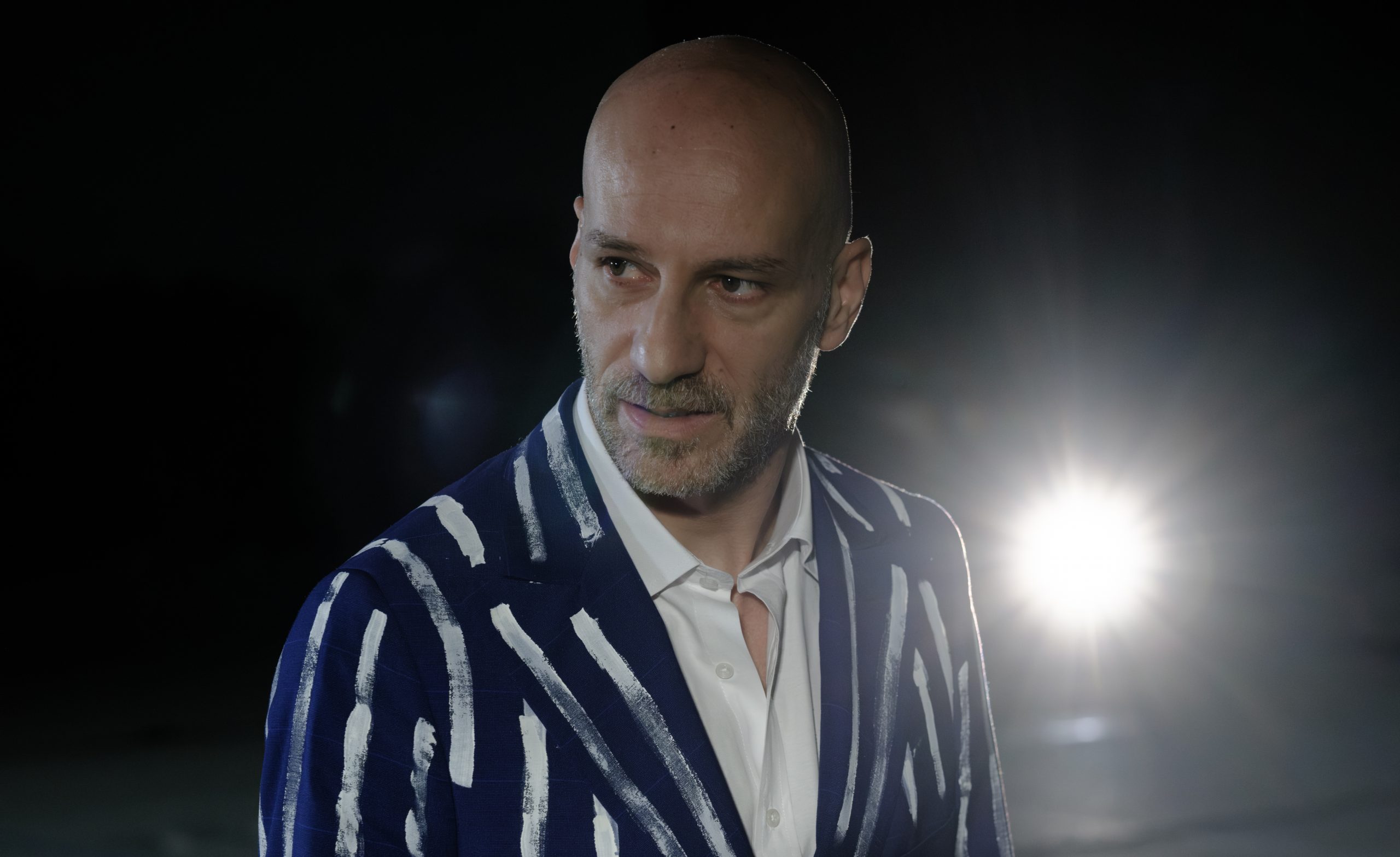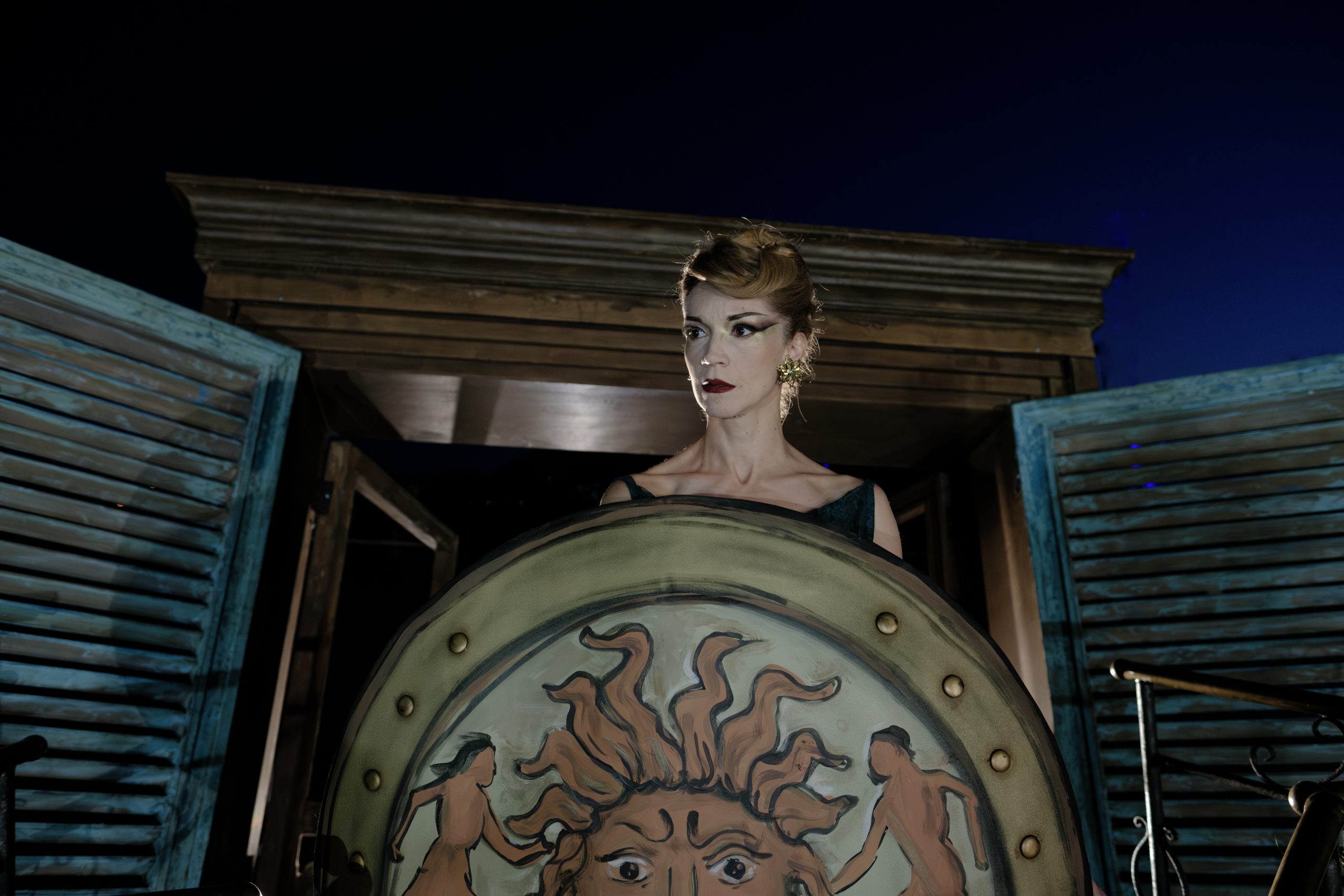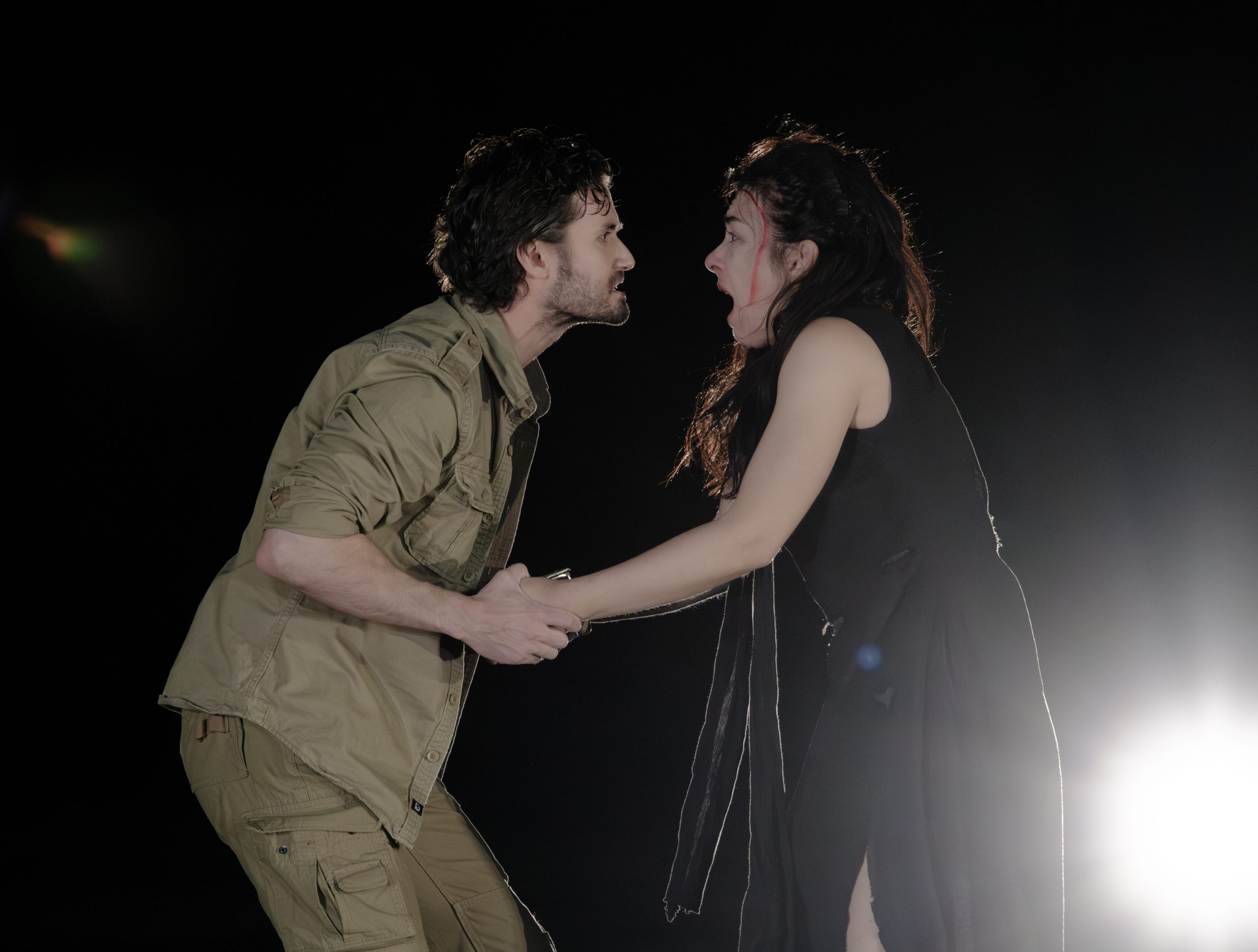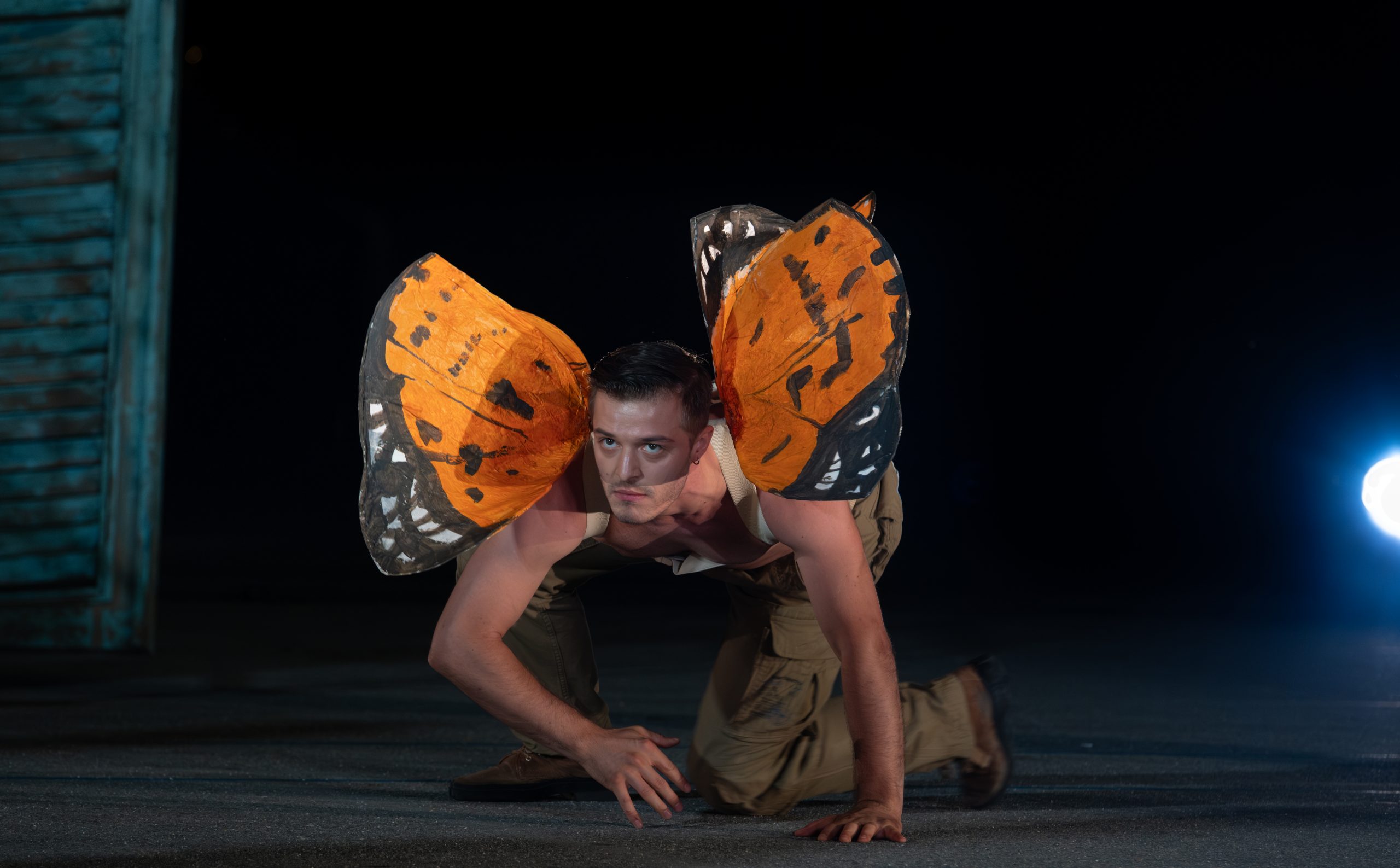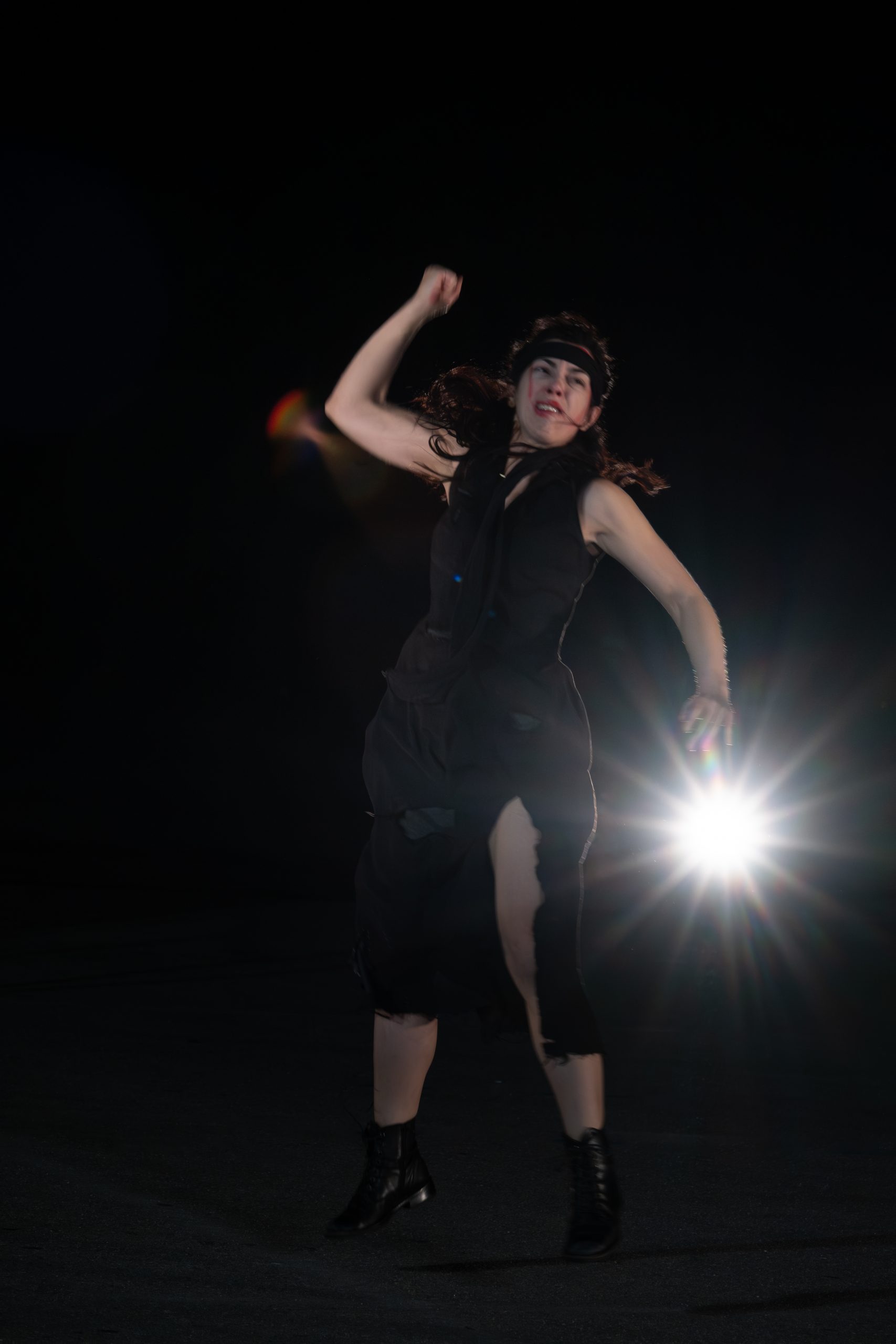Poreia Theatre - Dimitri Tarlow
Electra
by Sophocles

What does it mean “to restore justice”? Can one live in the aftermath of violence? Is violence inevitable? Will revenge provide closure to the cycle of bloodshed? Is redemption ever truly possible? And, ultimately, what is the meaning of resistance when all seems lost?
Poreia Theatre returns to Epidaurus, this time with its Artistic Director, Dimitris Tarlow, making his directorial debut at the Argolic theatre with Sophocles’ Electra.
In a world plagued by totalitarianism and social injustice and an era where violence and revenge are often portrayed as “necessary evil,” Sophocles’ Electra takes on an eerie relevance. Far from being merely a tale of vengeance, this tragedy becomes a mirror that reflects humanity's moral dilemmas and, foremost, the eternal conflict between justice and ethics.
Electra, a member of the accursed family of Atreides and a woman entangled in this cycle of blood and horror, is more than a tragic figure—she is someone who personifies the dilemma between the pursuit of justice and the moral imperative to forego violence. She is not just a tragic pawn of fate but a creation of her own volition, one wholeheartedly invested in the cause of justice. One then may wonder, is she a victim of her obsession with revenge or a voice of resistance against the brutality of power? And why, when the palace is freed from its tyrants, does she not step inside? Is it because she merely chooses to refrain from the House she despises so much or because she rejects the very system that she fought so vehemently against? Is she still a captive of the extreme emotions that defined her, such as the grief for her father’s loss, the hatred towards her mother, and the longing for her lost brother? One thing is certain: her passion does not quiet down, not even after the much-sought catharsis is accomplished.
In Electra, the poet does not cater to answers. Gods are away. Oracles coincide with human decisions by chance. Conscience falls by the wayside. The Furies are yet to appear. Still, the burden for all survivors is unbearable. It is this cost of choice, this relentless human need for catharsis at any price, that Sophocles’ Electra urges us to contemplate. After all, Sophocles will not grace us with a sequel, as he will not complete a trilogy, and his work shall stop here. For every single one of the doubts and questions he once posed will find their resolution within these 1,510 verses of astounding symmetry and economy.
Performance in Greek with Greek and English surtitles
Related Events
Duration 1.45’
Ancient Theatre of Epidaurus
- 04/07 until 05/07/2025 at 21:00
all events
Opera | Theatre | Dance | Premiere | Greek Debut
all venues

